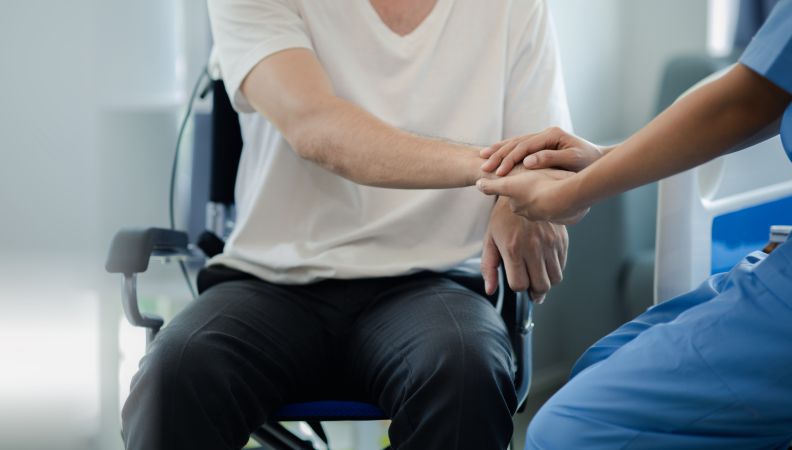Subtotal $0.00
Subscribe to out newsletter today to receive latest news administrate cost effective for tactical data.
Kalinga Institute of Medical Sciences Kushabhadra Campus, 5, KIIT Rd, Bhubaneswar, Odisha 751024
Unit 4 Area, A 32, Janpath Rd, Unit 4, Bhouma Nagar, Bhubaneswar, Odisha 751001
Shopping cart
- Phone:+91 9776084678
- Email:biswamohann@gmail.com
- Kalinga Institute of Medical Sciences, Bhubaneswar, Odisha





